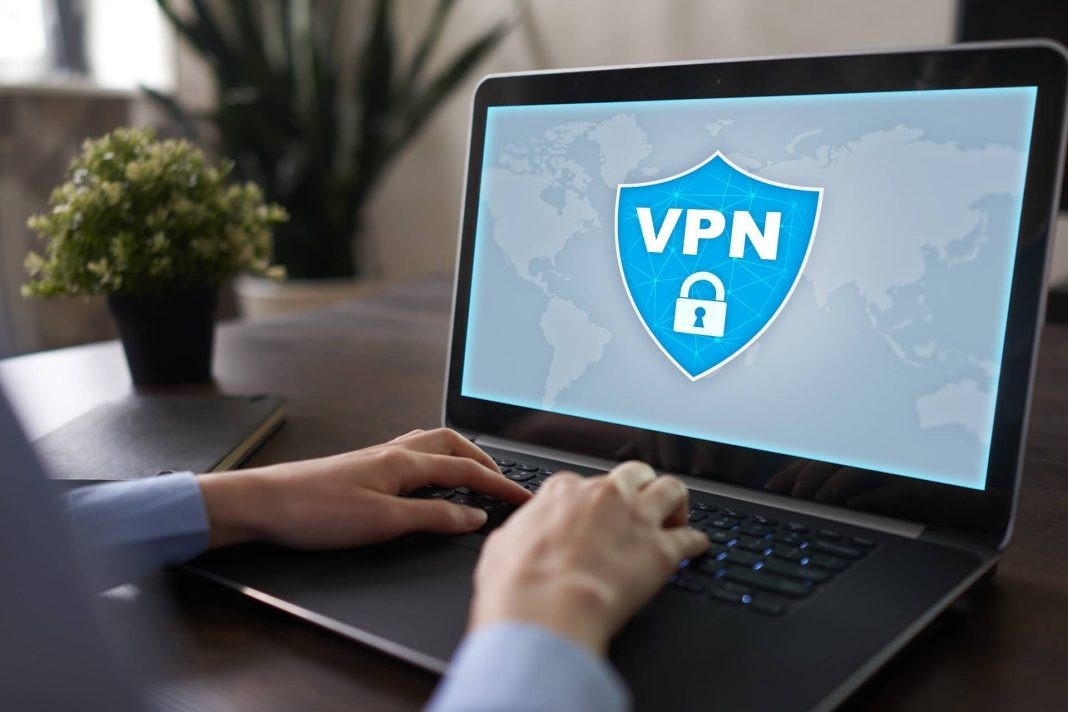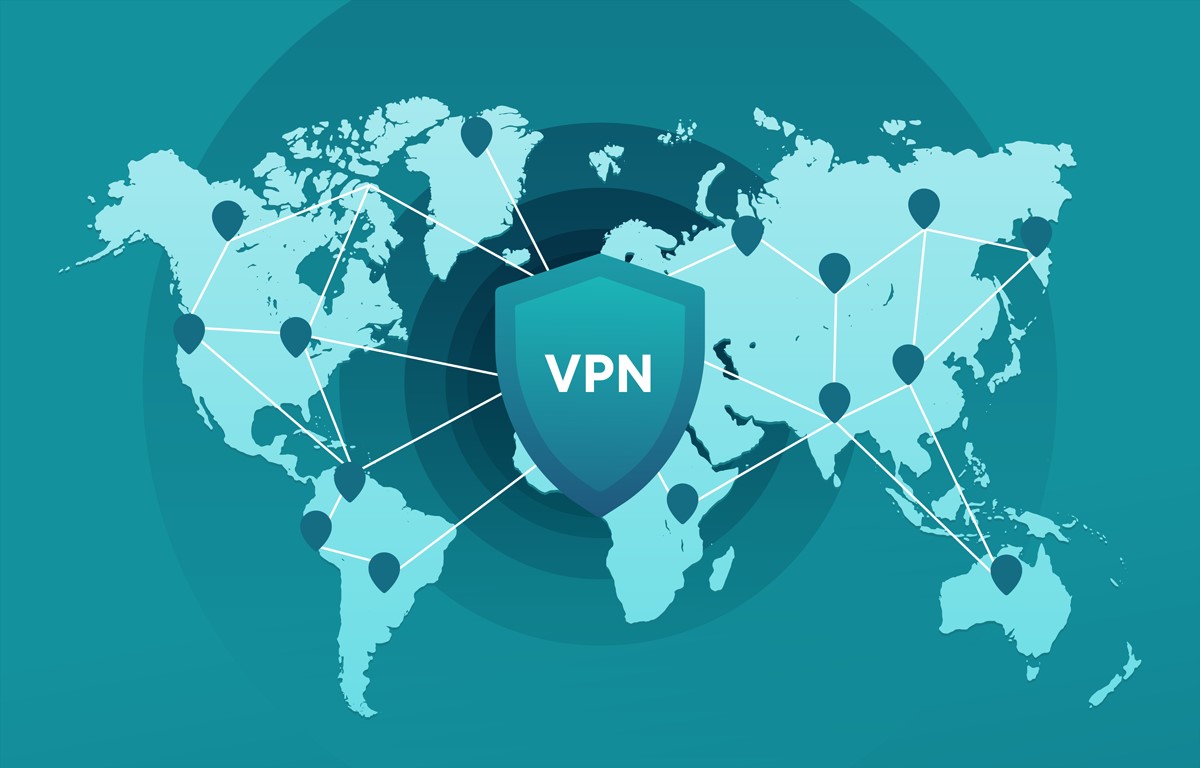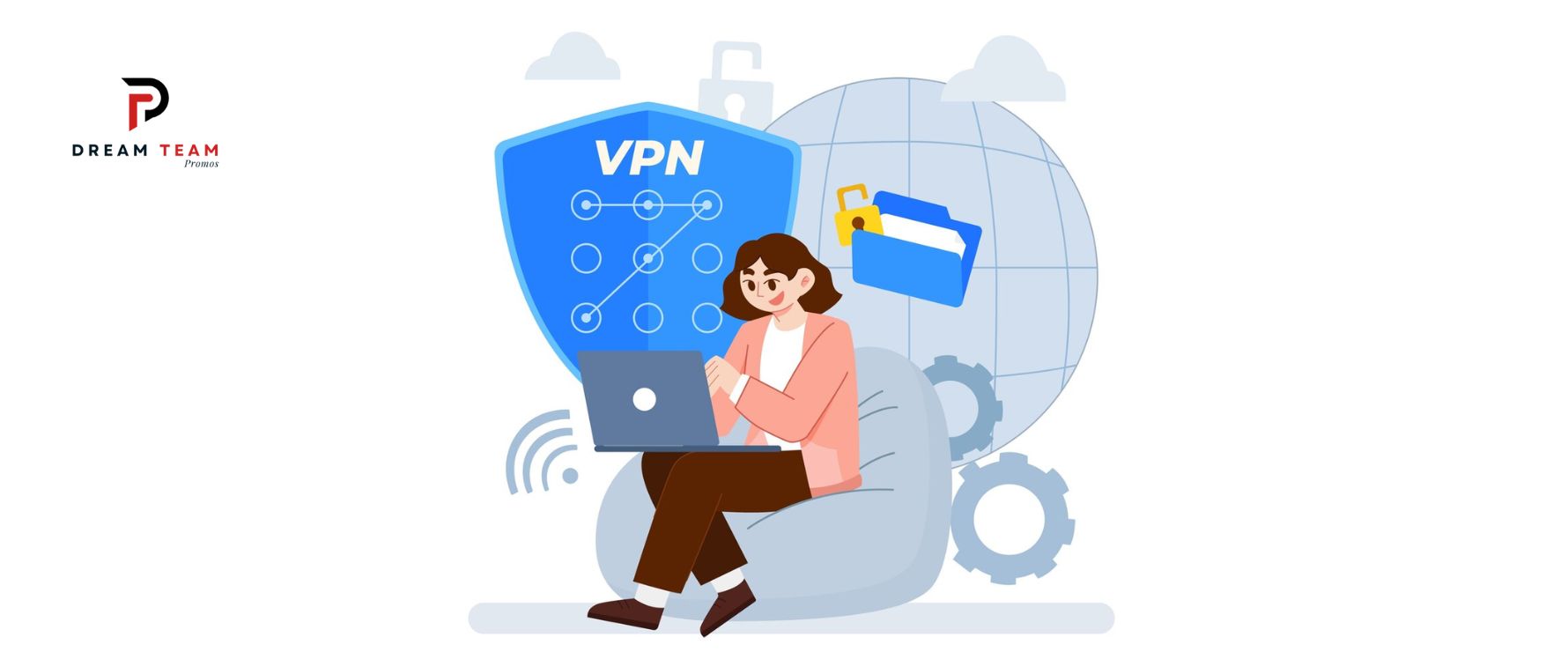Remote work has become a new normal, with more people than ever before being able to work from home, in coffee shops, or other remote locations. According to a study published by Global Workplace Analytics, a staggering 82% of US workers would prefer to work remotely at least once a week. This translates to over 133 million Americans hoping to work remotely in some capacity.
However, with the rise of remote work, businesses now face increased risks of data breaches and other challenges. This is significant because most remote workers lack the same level of cybersecurity measures available in a typical office setting.
A good VPN for remote workers plays a crucial role in addressing these concerns. This quick guide focuses on highlighting VPNs as essential tools for safeguarding your data, particularly in a remote work environment.

What is the Use of VPN for Remote Work?
#1 Security
Using a VPN for remote work offers a multitude of advantages, with the foremost being the creation of a secure and private internet connection. Your online traffic, passwords, emails, and sensitive data are all encrypted, thereby preventing unauthorized access or interception by third parties.
Many people are unaware that connecting to an unencrypted network exposes their online activities to potential monitoring. This is particularly true for ISPs and government agencies, which possess the necessary resources to monitor internet traffic.
Still skeptical? Consider the Snowden leaks and the NSA spying scandal, wherein the US National Security Agency conducted a massive surveillance program, surreptitiously collecting millions of Americans’ online data without their consent or knowledge.
While you may be unfazed by the government’s data collection endeavors and trust their motives, what about other malicious actors lurking in the shadows? The NSA scandal merely underscores the possibilities, underscoring the necessity of safeguarding your data through a secure VPN connection.
#2 Security When Connecting to Public Wi-Fi Networks
Public Wi-Fi connections carry inherent risks. When you work from popular locations like coffee shops, libraries, or airports, your network connection becomes more susceptible to cyberattacks compared to your home or workplace. To safeguard your data from potential threats such as evil twin attacks on unsecured networks, using a VPN is crucial. If you neglect to use a VPN while connected to public Wi-Fi, threat actors can exploit this opportunity to access and misuse your sensitive information for nefarious purposes, including financial fraud or identity theft.
Among the safety tips for online jobs, there should be a point stating that VPNs are different. Do you know what is PPTP VPN? It is unlikely that you will be able to tell the difference between PPTP vs OpenVPN protocols, although this is really important. One of them is outdated and insecure, and the other is more advanced and secure. The VeePN website has a detailed comparison of the main protocols and this is what you need to know.
#3 Unblocking Geo-Restricted Sites
Companies and countries often impose restrictions on specific websites or online services. That’s why many remote workers prefer using a VPN connection to unblock geo-restricted content effortlessly, without requiring approval from the IT department or engaging in complicated procedures.
#4 Access Control
Companies can oversee and manage access to their network and control permissions using a VPN. It allows fine-tuning of access to internal systems and corporate resources, ensuring that different members have personalized access. For instance, the marketing department doesn’t need access to payment systems, and human resources employees don’t require access to content management systems. Along with network security, a VPN enables companies to secure their digital assets by controlling access.
#5 Remote Access
IT professionals who work remotely rely on a VPN to securely access office systems, including servers and databases. This ensures the smooth maintenance of the company’s IT infrastructure. Not all of them rely on separate applications; often a free online VPN browser extension is sufficient. In terms of ease of use, this practice deserves a place in life.
Tips for Choosing a Good VPN

An ideal VPN should offer advanced security features, including unbreakable encryption and additional safety measures like a functional kill switch or threat protection, to enhance the security of your data. Ensuring a strict privacy policy with a clear no-logging policy is essential, and it would be even better if the VPN undergoes regular auditing.
You also don’t want to compromise on speeds for the sake of security; use our speed test tool to find VPNs that offer optimal performance. Look for a VPN with a large server network in multiple locations to ensure server availability and optimal performance. Lastly, value for money is important, so make sure to choose a VPN that offers affordable prices without compromising quality.
Conclusion
In the wake of a global pandemic and a broader shift towards employee autonomy, remote work has surged in popularity. However, organizations must proceed with caution to prevent information exposure. Allowing users direct access to internal infrastructure poses a risk. By using a VPN, you can privately tunnel into your corporate network, establish secure communications between devices, and evade privacy invaders.













